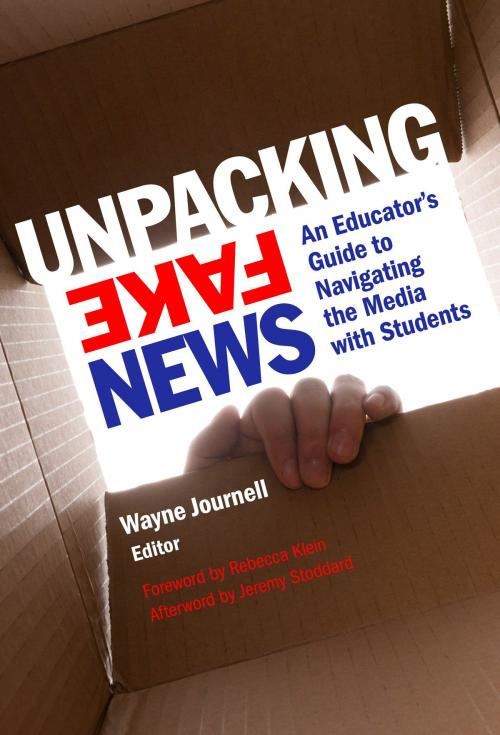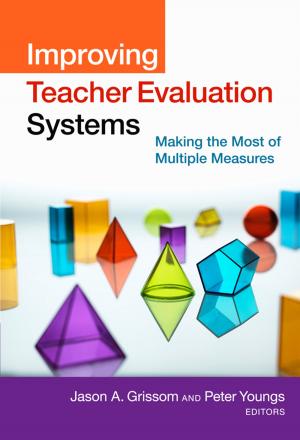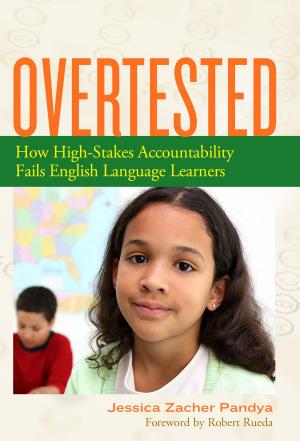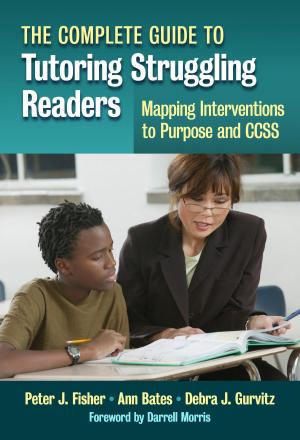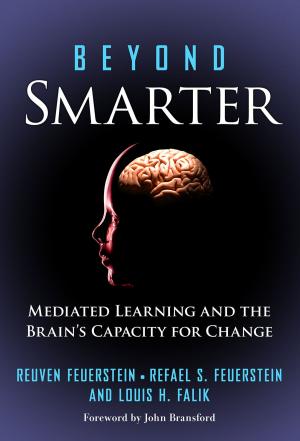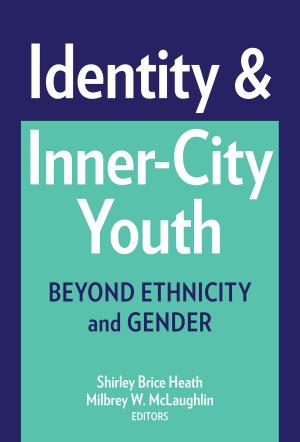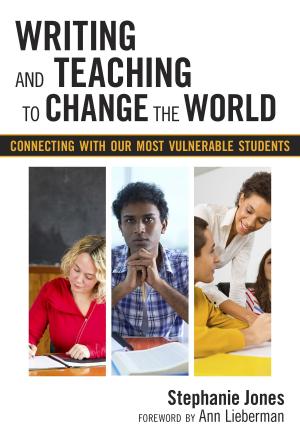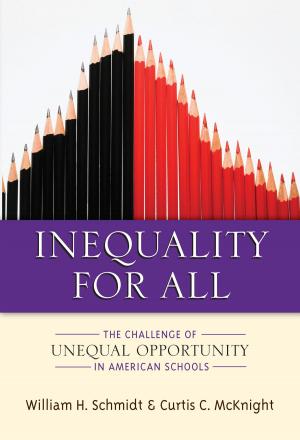Unpacking Fake News
An Educator's Guide to Navigating the Media with Students
Nonfiction, Reference & Language, Education & Teaching, Educational Theory, Curricula, Social & Cultural Studies, Political Science, Government, Civics, Teaching, Teaching Methods| Author: | ISBN: | 9780807777589 | |
| Publisher: | Teachers College Press | Publication: | December 15, 2009 |
| Imprint: | Language: | English |
| Author: | |
| ISBN: | 9780807777589 |
| Publisher: | Teachers College Press |
| Publication: | December 15, 2009 |
| Imprint: | |
| Language: | English |
Since the 2016 presidential election, the term fake news has become part of the national discourse. Although some have appropriated the term for political purposes, actual fake news represents an inherent threat to American democracy given the ease through which it is consumed and shared via social media. This book is one of the first of its kind to address the implications of fake news for the K–12 classroom. It explores what fake news is, why students are susceptible to believing it, and how they can learn to identify it. Leading civic education scholars use a psychoanalytic lens to unpack why fake news is effective and to show educators how they can teach their students to be critical consumers of the political media they encounter. The authors also link these ideas to the broader task of civic education and critical engagement in the democratic process.
“Inside this book you will find descriptions of simple lessons practiced by experts that can help make students more critical news consumers.”
—From the Foreword by Rebecca Klein, HuffPost
“One of the notable strengths of this book is its emphasis on concrete approaches to help students protect themselves and the larger democracy from the insidious influence of fake news.”
—Diana Hess, University of Wisconsin–Madison
“This book is both an important contribution to social studies education and a timely response to the demands of our current political moment.”
—John Rogers, Institute for Democracy, Education, and Access, UCLA
Since the 2016 presidential election, the term fake news has become part of the national discourse. Although some have appropriated the term for political purposes, actual fake news represents an inherent threat to American democracy given the ease through which it is consumed and shared via social media. This book is one of the first of its kind to address the implications of fake news for the K–12 classroom. It explores what fake news is, why students are susceptible to believing it, and how they can learn to identify it. Leading civic education scholars use a psychoanalytic lens to unpack why fake news is effective and to show educators how they can teach their students to be critical consumers of the political media they encounter. The authors also link these ideas to the broader task of civic education and critical engagement in the democratic process.
“Inside this book you will find descriptions of simple lessons practiced by experts that can help make students more critical news consumers.”
—From the Foreword by Rebecca Klein, HuffPost
“One of the notable strengths of this book is its emphasis on concrete approaches to help students protect themselves and the larger democracy from the insidious influence of fake news.”
—Diana Hess, University of Wisconsin–Madison
“This book is both an important contribution to social studies education and a timely response to the demands of our current political moment.”
—John Rogers, Institute for Democracy, Education, and Access, UCLA
